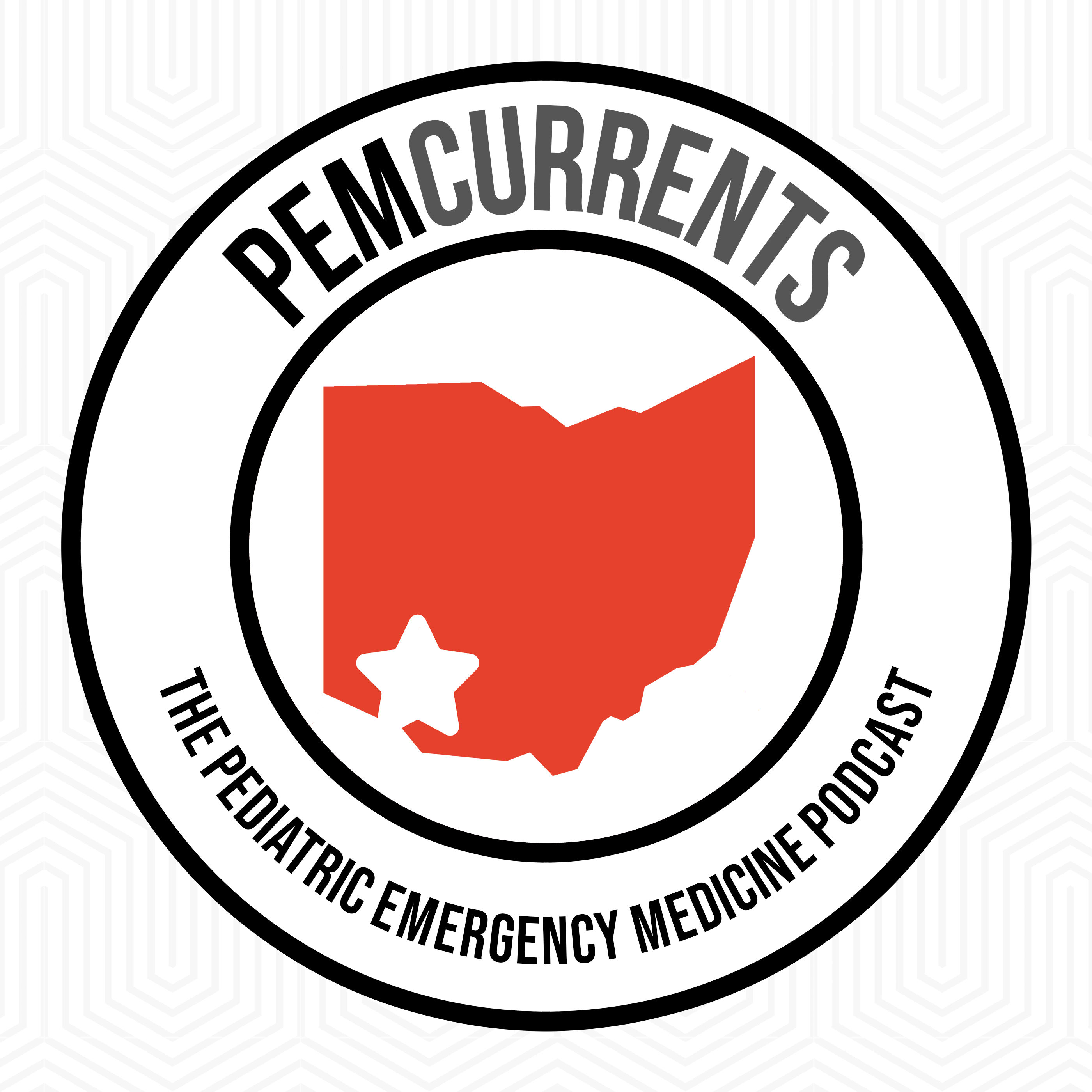“Neurodivergent” is a term used to describe brain functionality and how it differs in some people. These individuals perceive, interpret and interact with the world in ways that are different than what we typically encounter. The Emergency Department is a potentially challenging and stressful place for Neurodivergent children, and this episode discusses strategies to help make their experience just a little bit better.
This episode features the talents of Ilene Claudius, MD, the Director of Quality and Process Improvement for the Emergency Department at and Alice Kuo, MD, Professor and Chief of Medicine-Pediatrics and Preventive Medicine – both at UCLA.
It is also a co-production of the Emergency Medical Services for Children Innovation and Improvement Center whose mission is to minimize morbidity and mortality of acutely ill and injured children across the EMS for children continuum.
To learn more about the Emergency Medical Services for Children Innovation and Improvement Center visit:
email: km@emscimprovement.center
Follow @EMSCImprovement on Twitter
Contact Ilene Claudius, MD
Contact Alice Kuo, MD
Listen

Penetrating Neck Injuries – PEM Currents: The Pediatric Emergency Medicine Podcast
Subscribe
References
EMSC IIC Pediatric Education and Advocacy Kit (PEAK): Agitation
De-escalation tips for pediatric agitation: EMSC Innovation & Improvement Center
Disclaimer
The Emergency Medical Services for Children Innovation and Improvement Center is supported by the Health Resources and Services Administration (HRSA) of the U.S. Department of Health and Human Services (HHS) as part of an award (U07MC37471) totaling $3 million with zero percent financed with nongovernmental sources. The contents are those of the author(s) and do not necessarily represent the official views of, nor an endorsement, by HRSA, HHS, or the U.S. Government. For more information, please visit HRSA.gov.















